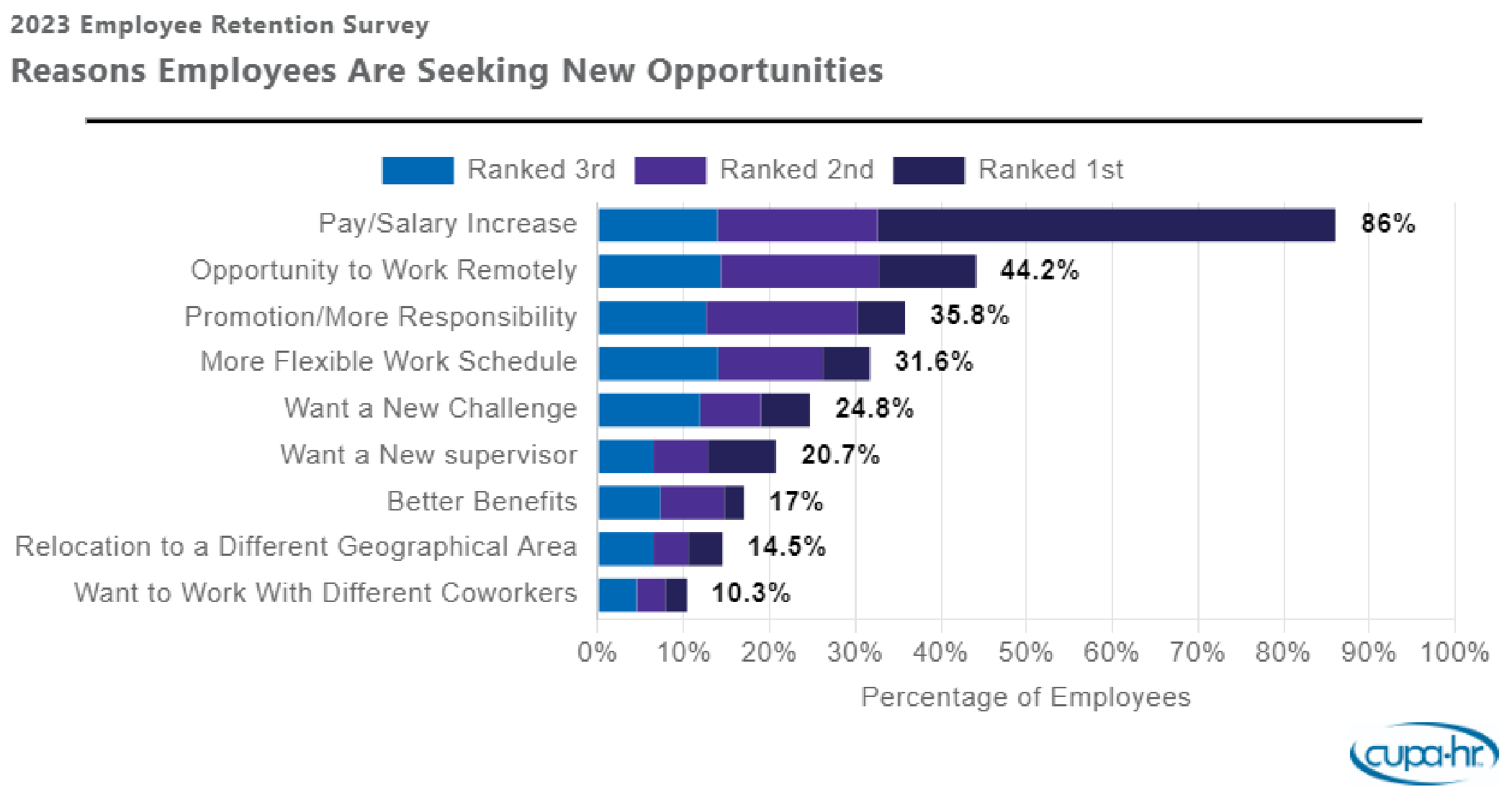Embracing the 6-Week Working Vacation: A Remote Work Revolution for Mental Health and Productivity

The landscape of traditional work has undergone a paradigm shift, with remote work emerging as a game-changer. Beyond its practical implications, remote work has the potential to be more than just a way to skip the daily commute; it can be a rejuvenating six-week working vacation. This innovative approach not only benefits the mental health of employees but also proves to be a boon for companies seeking enhanced productivity.
The mental health advantages of a remote working vacation are multifaceted and documented in this Harvard Business Review article. First, it allows employees to break free from the monotony of a routine, providing a change of scenery that can alleviate stress and boost creativity. The flexibility to choose their work environment fosters a sense of autonomy and control, reducing the anxiety associated with rigid office structures. Moreover, employees can better balance work and personal life, leading to improved overall well-being. A six-week working vacation enables individuals to reconnect with their passions and hobbies and explore new places around the world, contributing to a more fulfilling and balanced life.
From a company perspective, embracing the concept of a working vacation can yield significant productivity gains. Research consistently shows that happy and mentally healthy employees are more engaged and productive. The flexibility inherent in remote work allows employees to tailor their schedules to their most productive hours, reducing burnout and increasing efficiency. Additionally, the elimination of commuting time leads to a more focused and energized workforce. Companies that prioritize their employees’ mental health are likely to experience reduced absenteeism, lower turnover rates, and a more positive workplace culture (culture is not defined by who is in the office), all of which contribute to higher productivity.

The remote work model also opens the door to a more diverse and inclusive workforce. By breaking down geographical barriers, companies can tap into talent pools that were previously inaccessible. This diversity not only enriches the workplace with varied perspectives but also enhances problem-solving capabilities and innovation. Employees from different cultural backgrounds can bring unique insights to the table, fostering a dynamic and forward-thinking corporate environment.
Furthermore, the working vacation model encourages employees to take regular breaks, preventing burnout and enhancing long-term productivity. This approach aligns with the growing recognition of the importance of work-life balance in maintaining mental health. By prioritizing employee well-being, companies are likely to attract top talent and retain experienced professionals, saving on recruitment and training costs in the long run.
The working vacation within a remote work framework offers a holistic approach to employee well-being while simultaneously boosting productivity for companies. It is time for companies to stop deploying remote work policies based on what the boss wants, and start implementing a data-driven remote work policy that is focused on business outcomes. This innovative model challenges traditional notions of work, promoting mental health, work-life balance, and diversity. As businesses navigate the evolving landscape of work structures, embracing the potential of remote work as a rejuvenating vacation holds the key to a happier, more productive, more stable workforce.
Worksploring now offers travel services for those who want to extend a business trip or plan a working vacation. We help employees get the most out of their travel while keeping them compliant with the company’s remote work guidelines.
Recommend0 recommendationsPublished in Blog, Insights, Luxe, Travel
